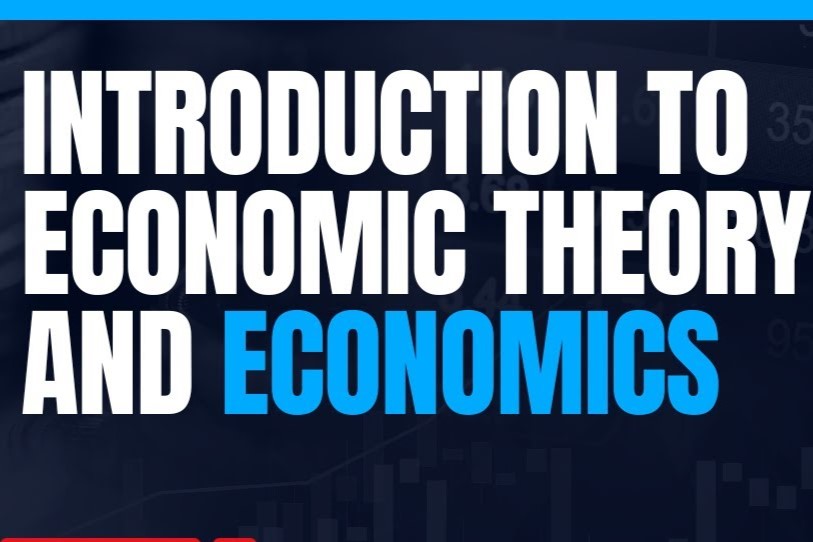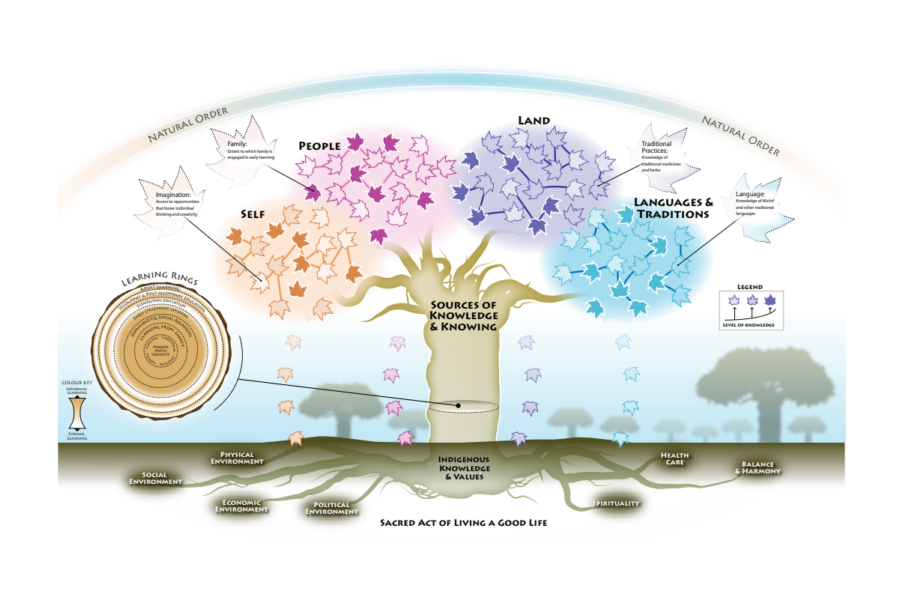Description
Embark on a comprehensive exploration of economic theories with our dynamic online course. Whether you’re a budding economist or a curious learner eager to delve into the complexities of economic thought, this course offers a stimulating journey through the fundamental concepts and principles that shape our understanding of the world’s economies.
What you'll Learn
By enrolling in this course, you’ll gain a profound understanding of the foundational theories that underpin modern economics. From classical to contemporary perspectives, you’ll examine the evolution of economic thought and its implications for real-world scenarios. You’ll sharpen your analytical skills and develop a nuanced perspective on economic phenomena through engaging lectures, interactive discussions, and practical exercises. By the end of the course, you’ll emerge equipped with the knowledge and tools to critically evaluate economic theories and their relevance in today’s global landscape.
Syllabus
Module 1: Introduction to Economic Thought
- Explore the origins of economic thinking
- Analyze the contributions of key figures such as Adam Smith, Karl Marx, and John Maynard Keynes
- Discuss the evolution of economic theories from pre-classical to modern perspectives
Module 2: Classical Economics
- Examine the principles of classical economics, including the labor theory of value and the concept of laissez-faire
- Discuss the ideas of classical economists such as David Ricardo and Thomas Malthus
- Evaluate the relevance of classical economics in contemporary economic discourse
Module 3: Neoclassical Economics
- Investigate the emergence of neoclassical economics as a response to classical theories
- Explore concepts such as marginalism, utility maximization, and market equilibrium
- Analyze the impact of neoclassical economics on policy-making and economic modeling
Module 4: Keynesian Economics
- Understand the core tenets of Keynesian economics, including aggregate demand management and the role of government intervention
- Examine the context and implications of John Maynard Keynes’ seminal work, “The General Theory of Employment, Interest, and Money”
- Discuss the Keynesian approach to economic stabilization and its relevance in addressing contemporary economic challenges
Module 5: Modern Economic Thought
- Survey recent developments in economic thought, including monetarism, supply-side economics, and behavioral economics
- Explore interdisciplinary perspectives on economic phenomena, such as institutional economics and ecological economics
- Reflect on the diversity of contemporary economic theories and their implications for policy-making and societal well-being
Module 6: Applications and Case Studies
- Apply economic theories to real-world case studies and contemporary issues
- Discuss the role of economic theory in informing policy decisions and addressing global challenges
- Engage in critical analysis and debate to deepen your understanding of economic phenomena and their multifaceted implications





Ifeanyi –
This course provided an excellent foundation in economic theories. The content was well-structured, and the explanations were clear and concise. I appreciated the real-world examples provided, which helped me understand the application of these theories in practice. Overall, a highly informative and engaging learning experience.
Michael –
I thoroughly enjoyed taking the Introduction to Economic Theories course. The instructor’s expertise and passion for the subject were evident throughout the lectures. The course materials were comprehensive, and the assignments were challenging yet rewarding. I feel much more confident in my understanding of economic principles after completing this course.
Nasiru –
As someone with limited prior knowledge of economics, I found this course to be incredibly enlightening. The concepts were broken down in a way that was easy to grasp, and the supplementary resources provided further enhanced my learning. I particularly enjoyed the discussions on various economic models and their implications.